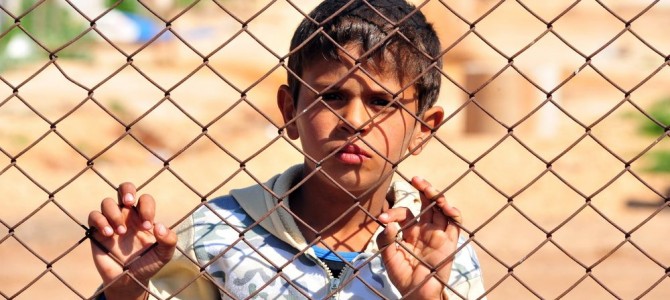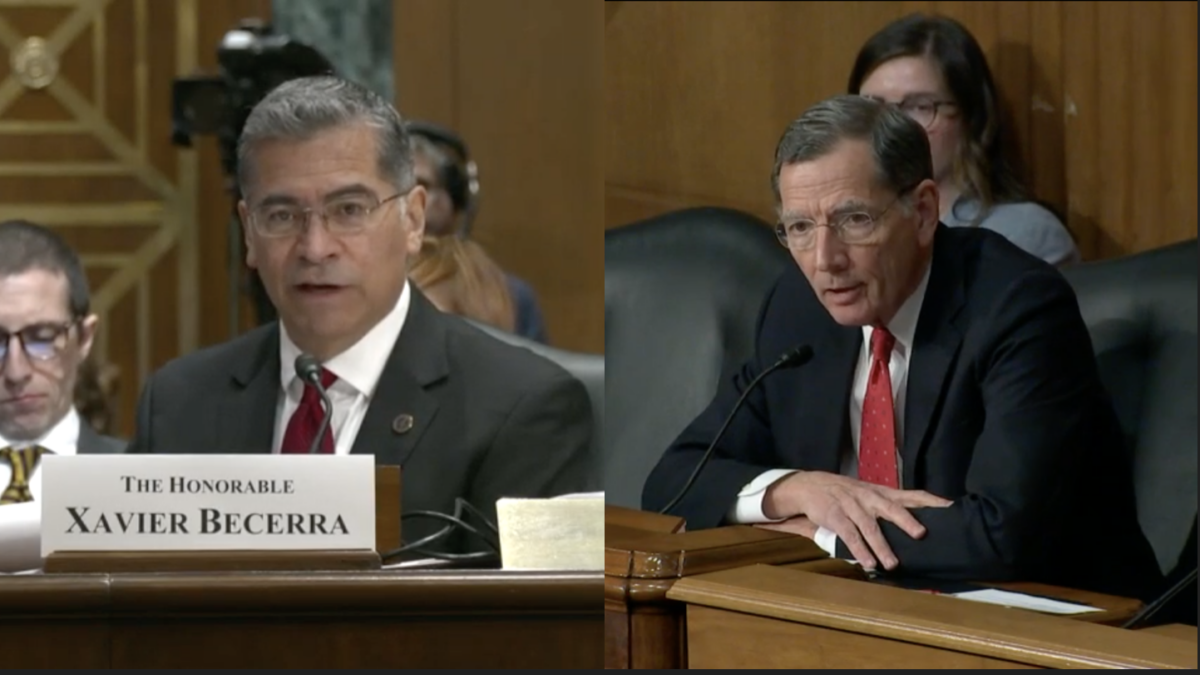
January 27 was Holocaust Memorial Day, a day Americans remember with shame the hundreds of German Jewish refugees denied entry to American ports who subsequently died in the Holocaust. January 27 was also the day President Trump signed an executive immigration order (EO) that upended the lives of thousands of vulnerable people. The EO separated parents from their children, prevented patients from getting medical treatment, and jeopardized friends and allies in Iraq who have fought alongside us in the war against ISIS.
Less visible to the public was the anguish suffered by the 60,000 refugees who are languishing in refugee camps and have already been granted security clearance to come to the United States, and will now be denied entry.
President Trump’s order suspended the U.S. refugee program for a minimum 120 days; suspended admissions of refugees from Syria indefinitely; and cut this year’s refugee cap from 110,000 to 50,000. Because of the suspensions, it is likely that the United States will admit substantially fewer than 50,000 refugees in 2017. This year, the United States may admit the lowest numbers of refugees since the Refugee Act was passed in 1980.
The United States currently admits a fraction of 1 percent of the world’s 65 million refugees. The United States has far fewer refugees per capita than Canada, Britain, France, or Germany. Last year, the United States accepted 37,521 Christian refugees and 38,901 Muslim refugees.
Refugees Don’t Threaten Our National Security
The official rationale for President Trump’s suspension of our refugee program—protecting Americans from terrorists—is impossible to defend. Refugees are already subject to extreme vetting, and refugees are much less likely than the general American population to commits acts of violence. In 2016, the Cato Institute published a study entitled “Terrorism and Risk Analysis” which determined that no refugee has committed an act of terror in the United States since the 1970s, when three Cubans killed a Chilean dissident, an American aide, and a Cuban exile leader.
Since 1980, when rigorous refugee-screening procedures were put in place, there have been no terrorist attacks by refugees. The Cato Institute concludes that the chances of an American being killed in a terrorist attack committed by a refugee is one in 3.64 billion a year.
President Trump warns that without his leadership, the United States could become like Europe. This is disingenuous. Europe is being overwhelmed by millions of unvetted crisis migrants from neighboring countries who have the right to asylum under international treaties. The United States is separated by geography from war-torn, failed states. As a result, we accept very few asylees.
Instead, the United States accepts refugees from United Nations-monitored refugee camps, where they are vetted for a period of one to three years before gaining refugee status. Refugees are currently subjected to more extreme vetting by the United States than any other group of people. They have to undergo four biometric security tests, face to face interviews, and background checks by the FBI, the Department of Homeland Security, the State Department, and the National Counterterrorism Center.
Refugees who have security clearances to come to the United States and have been barred from entry by this new ban will not be able to pick up the process if the ban is lifted. Their clearances will have expired, and they will have to begin the lengthy vetting process from scratch.
“There is no question that this policy further traumatizes some of the most vulnerable people that this world has known,” said Scott Arbeiter, president of World Relief. “It continues to keep families separated. Seventy percent of the families we resettle are family reunifications. And 70 percent of the refugees are women and children.”
In America, the government works with non-governmental organizations, most of which are faith-based, to receive refugees and integrate them into American culture. David Miliband, the head of the International Rescue Committee, which works with refugees, said that in the past decade refugees have started at least 38 new businesses merely in and around Cleveland, Ohio, creating 175 jobs and adding $12 million into the local economy.
Arbeiter asks, “Are [Americans not] willing to accept giving up a one in three billion chance of our safety in order to welcome people who have been vetted very carefully, who have proven as a remarkable population of people?”
Don’t Make Refugees Political Pawns
Benjamin Wittes, who chairs the Hoover Institution’s Working Group on National Security, doubts that Trump’s executive order was designed to make America safer. Rather, he argues the order was a cynical attempt to score domestic political points off the backs of the world’s most vulnerable people.
The authors of the executive order, Steve Bannon and Stephen Miller, are political operatives with no national security expertise. The document was not reviewed by the Department of Homeland Security or the Department of Defense. Customs and Border Protection and U.S. Citizen and Immigration Services only learned of the order when the president was actually signing it.
“You don’t target the wrong people in nutty ways when you’re rationally pursuing real security objectives,” Wittes writes. You do these things when you’ve made a deliberate decision to inflict harm on human beings for symbolic reasons. Kevin Drum concludes that “Bannon wanted turmoil and condemnation. He wanted this executive order to get as much publicity as possible.” For Bannon, the executive order was a big public relations victory.
Since 9/11, American presidents have had to make painful decisions that unintentionally sacrificed innocent lives in the interests of keeping Americans safe. Drone strikes, non-criminal detention, and massive surveillance policies have all had collateral damage and unintended consequences. But none of these policies were ever designed to harm vulnerable, innocent people.
President Trump’s executive order is so troubling because it inflicts suffering on “the least of these” for political gain. This demeans the office of the presidency and robs the United States of its moral high ground in the War on Terror. It diminishes America’s standing in the world, and it taints this administration with the odor of deliberate cruelty.









